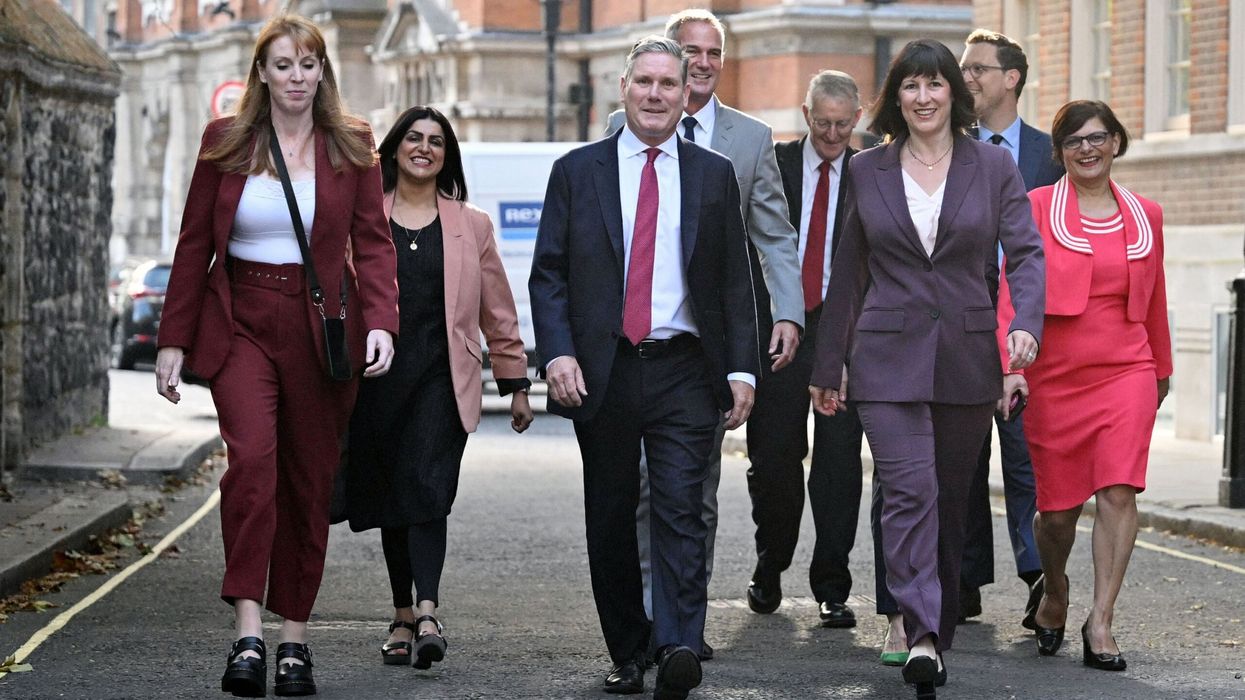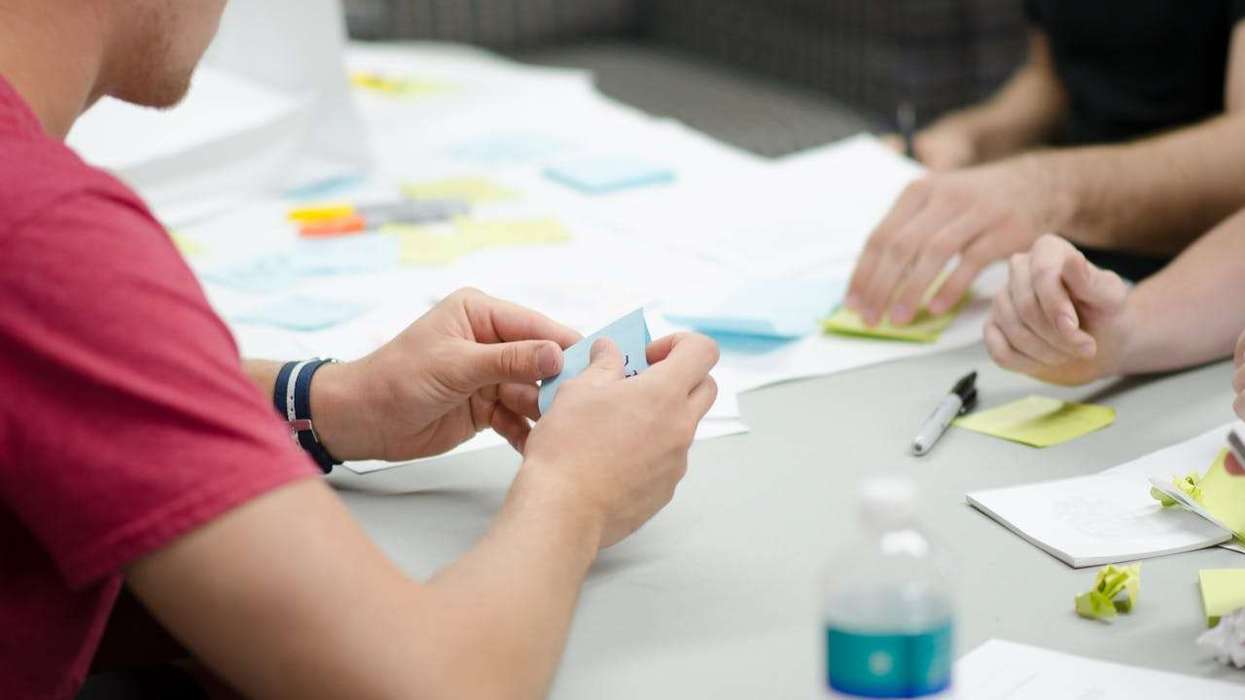BRITAIN is on course to elect its most diverse parliament ever following the general election later this year, a thinktank has said, while a leading Conservative parliamentarian has urged MPs to better engage with ethnic minority voters.
Based on current candidate selections, a record number of ethnic minority MPs are set to be elected to the next parliament, British Future, a leading race and diversity thinktank, said earlier this week.
The projected rise in ethnic minority representation – from 10 per cent to around 12 per cent – is likely regardless of the political outcome of the general election, reflecting a “new cross-party norm of ethnic diversity in British politics,” it added.
The Tory parliamentarian said it was crucial that an increase in ethnic minority MPs leads to a rise in voter numbers among ethnic minority communities.
“If you look at the turnout rate among ethnic minorities - in certain areas, it’s certainly improved, but it's still generally lagging on an average basis (compared to the white population),” the parliamentarian told Eastern Eye.
“I hope the increase in ethnic minority MPs will motivate more people to turn out because the most important thing is that people feel their vote makes a difference and that they should absolutely exercise that right,” they added.
People from minority ethnic groups are less likely to be registered to vote as studies, including from the government, show that non-registration was higher among minority ethnic groups.
Until the 2019 general election, an estimated 25 per cent of first generation and 20 per cent of second-generation ethnic minorities who were eligible to register to vote had not done so, compared to 10 per cent of the white population.
An increase in the number of ethnic minority MPs “isn’t guaranteed” to see a change in these statistics, according to the parliamentarian, as they said some British Asians feel prime minister Rishi Sunak and former home secretaries Suella Braverman and Priti Patel don’t “represent” the group.
“There is a sense of betrayal. Many people do feel that ethnic minority populations who benefited from a leg-up want to pull the drawbridge behind them,” said the parliamentarian.
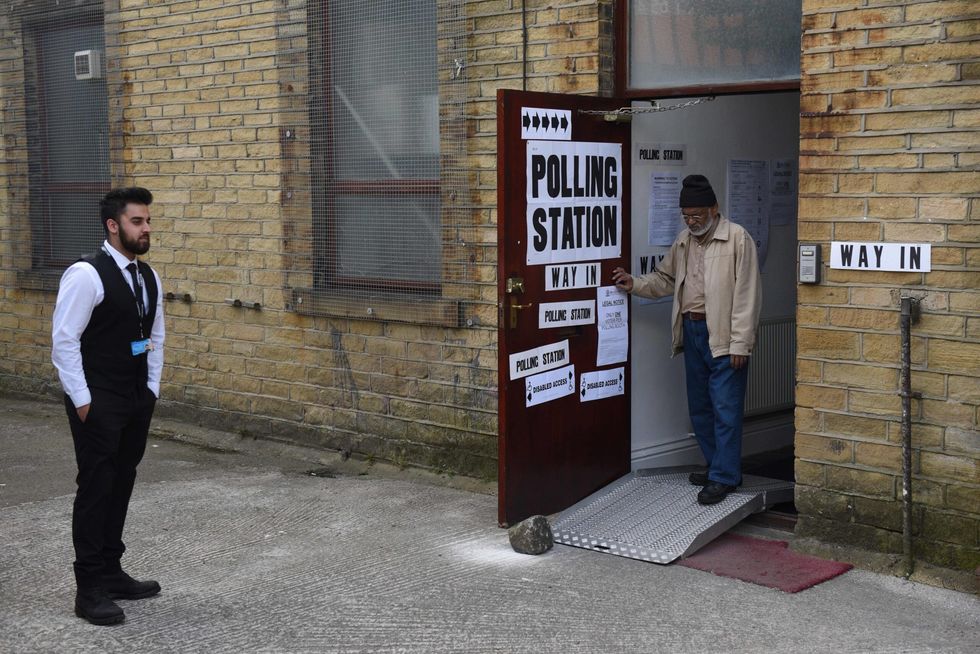
They referred to the government’s controversial stance on immigration, which includes sending asylum seekers to Rwanda and visa changes that would cut down on the number of foreign students and skilled workers coming to the UK.
“They (MPs) feel like they’re somehow ingratiating themselves by being anti-immigrant, when they are the children of immigrants themselves,” the Asian politician added. “There’s no consistency there. They wouldn't be in this country had it not been for the open, welcoming attitude generations before had taken.”
“By and large, there is a good level of engagement between ethnic minority members of parliament and these communities.
“However, there are some ethnic minority MPs who don't engage with minority communities. It's almost as if they're not proud of their backgrounds, which I think is a shame. They shouldn't be in denial about where they've come from; they shouldn’t forget their roots.”
According to British Future, Labour will likely have the largest number of ethnic minority MPs – projected to be 55 if the party wins an overall majority, compared to around 21 Conservatives.
The 2019 election saw 66 ethnic minority MPs voted in, a “diversity milestone” as it was the first time 10 per cent of MPs were from an ethnic minority background.
With 37 ethnic minority women elected, the 2019 parliament represented another first as ethnic minority women outnumbered men for the first time.
Sunder Katwala, director of British Future, said the ethnicity of a candidate doesn’t have an impact on voters, especially among first-time voters.
“People don't vote for MPs because they're black or Asian or white. It’s quite important if you want diverse politics that everybody makes choices based on politics and the policies and the personality, not on the ethnicity. If you didn't do that, you wouldn't be able to have an Asian prime minister in a majority white country,” Katwala told Eastern Eye.
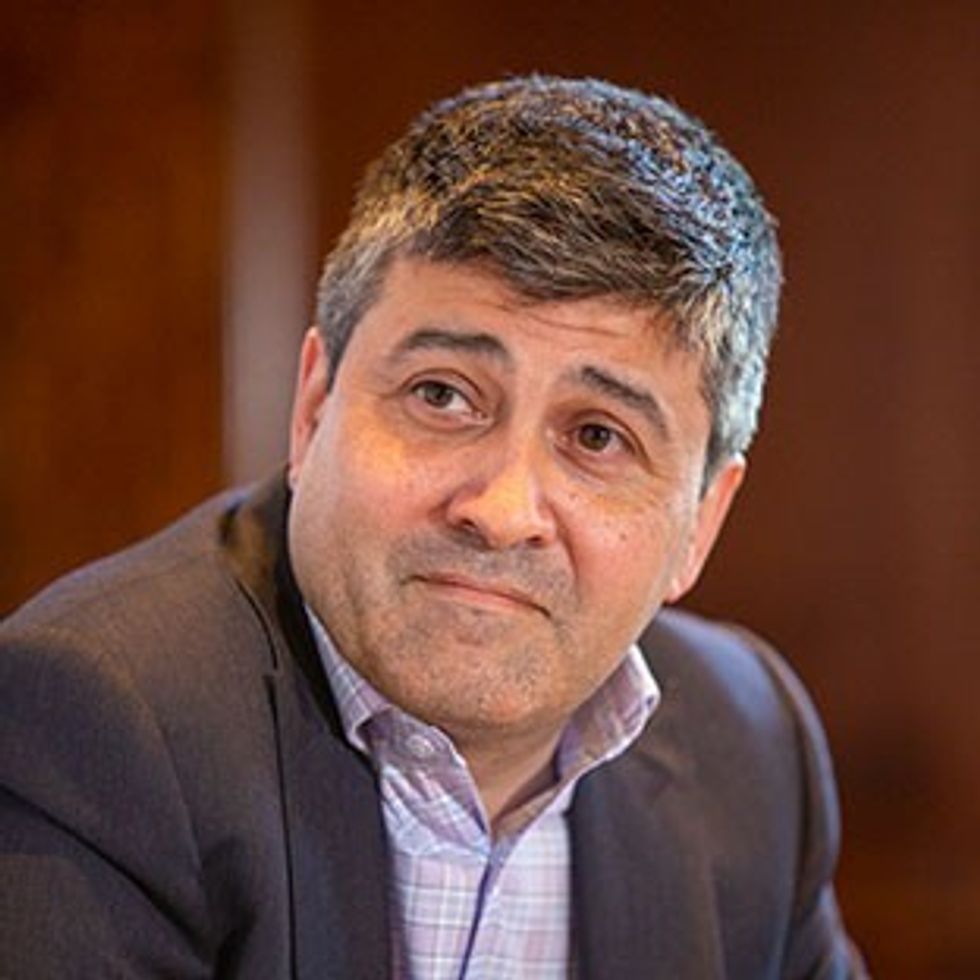
“First time voters want to hear what the political system is doing for them. They might have doubts about immigration policy, about the fairness of economy and jobs, and how to get a house. They might have issues about foreign policy, such as our response to Israeli and Gaza.”
He added, “New voters at this general election are going to want to hear from parties and won’t see the diversity of the parties; they’ll see that as a baseline they expected, but not a reason to vote or give them their vote.”
This year’s general election is likely to be a “big change” election – one of the three general elections of the past half-century with the biggest turnover of MPs.
Some 84 MPs have already announced they will not stand again, with further retirements expected this year.
A high turnover of MPs has the potential to accelerate progress towards greater ethnic diversity and gender balance. But this could be diluted by a lower proportion of female and ethnic minority candidates being selected this time around, across most parties.
The British Future report cautioned that an opportunity to bring ethnic minority and gender representation closer to levels that reflect society may be missed as the rate of selections has “stalled”.
Labour, while having the strongest overall record on ethnic minority representation in the Commons, is selecting ethnic minority candidates this time at a much lower rate (12 per cent) than in the current parliamentary Labour Party (20 per cent).
The Conservative rate of minority selection is also at 12 per cent for new candidates, but that figure is an increase from six per cent in the current group of MPs.
“We've got significant ethnic diversity in our public life. We’ve got the prime minister, chancellors, home secretaries, foreign secretaries, we’ve got cross party diversity. People might not particularly notice something has become normal,” said Katwala.
“Around a decade ago, we got out of the trap of thinking that to have a black and Asian MP, you could only do that in an area with a high black or Asian population. That's a really important change. That gives candidates much more of a fair chance in a selection meeting.
“But we can't be complacent about an increase from 10 per cent to maybe 13 per cent, which is good, but the electorate is getting more diverse expectations which is rising across generations. There's still more work to do to have a parliament that's fully representative for the country.”
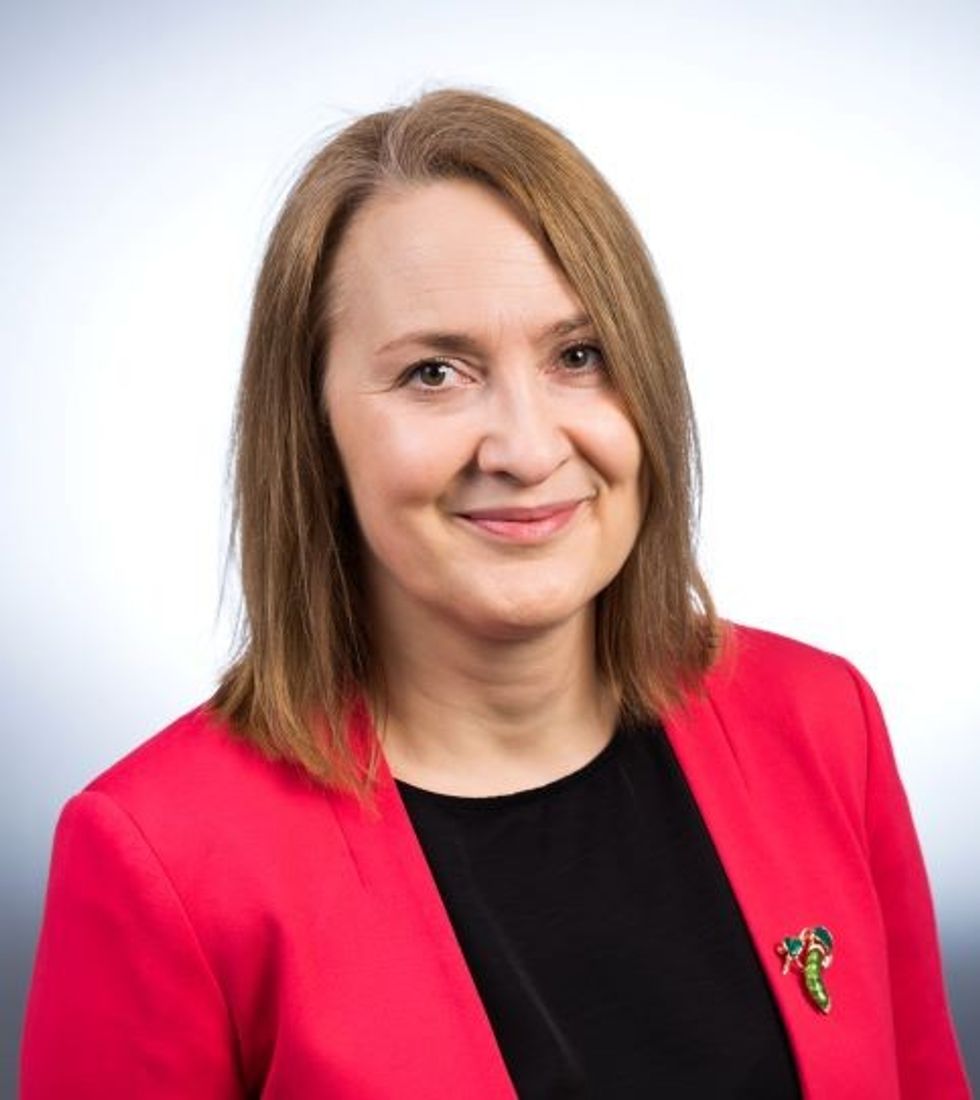
Maria Sobolewska is a professor of political science at the University of Manchester and works on the political integration and representation of ethnic minorities in Britain. She told Eastern Eye the increase in ethnic minority MPs is a “growing trend” going back to 2010 when then prime minister David Cameron campaigned for greater diversity in the Tory party.
“It is in a way a legacy of David Cameron's attempts to diversify the Conservative Party, and, of course, early attempts by Labour, but I would say the Conservatives’ attempts were more of a game changer because they really showed up all the other parties and the need for diversity to become mainstream as opposed to just Labour being the party that usually is thought of as representing minorities and women,” said Sobolewska.
The 2010 general election saw a noticeable increase in the number of Tory ethnic minority MPs – from two to 11. The party currently has 23 ethnic minority MPs while Labour has 41 and there are two in the Liberal Democrats.
However, Sobolewska said there is a danger that the ethnic minority representation in parliament could drop in the future as there are no “robust mechanisms” in place to ensure diversity.
There is currently no formal requirement for parties to report on the diversity of candidates for an election – who is coming forward to be nominated and stands for selection. Only the names of those selected are made public.
“There was a section in the Equalities Act 2010 that said political parties need to report their diversity, just like other public bodies do, like the civil service and the NHS, but this section was never enacted,” said Sobolewska.
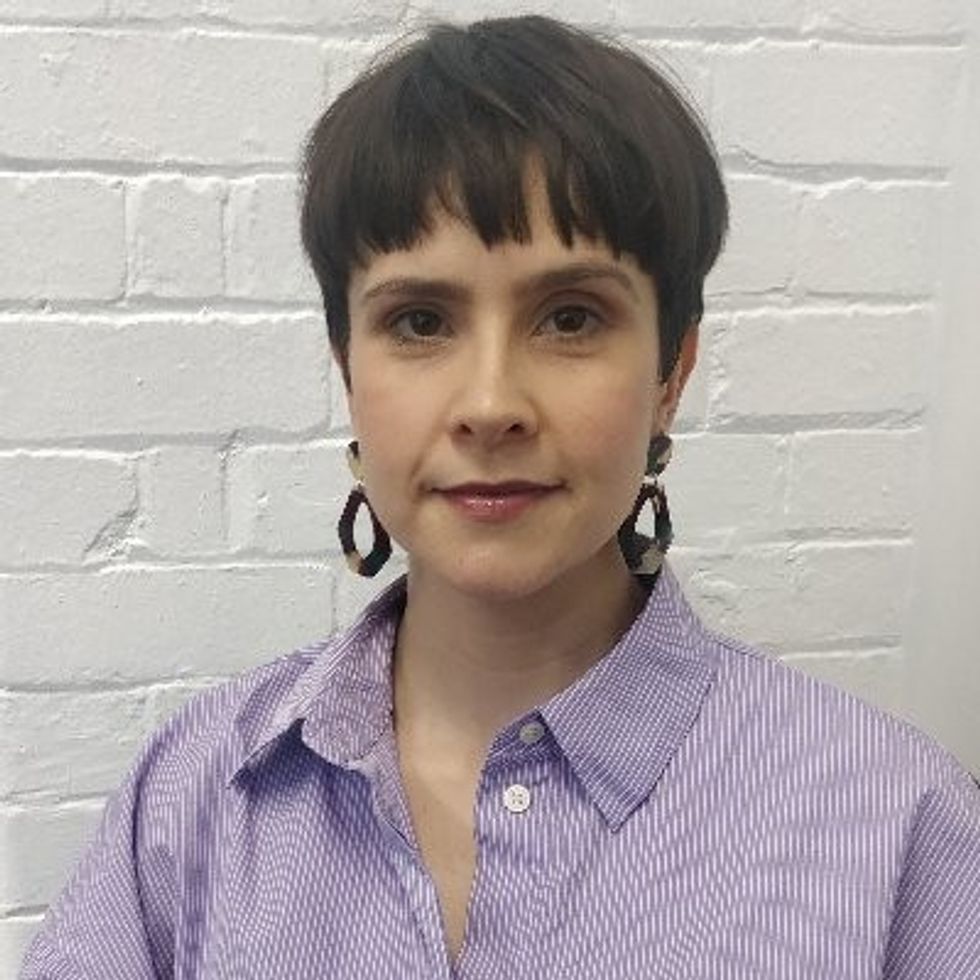
The Women and Equalities Committee’s 2017 report on women in the House of Commons urged the government to bring Section 106 of the Equality Act into force and give the Electoral Commission powers to collect and host this information.
“The Equalities and Human Rights Commission (EHRC) has been calling for this for years. Other organisations working on diversity, like The Fawcett Society, has been calling for it. I've been calling for it in my research. And it's still not enacted,” said Sobolewska.
“The political parties do not have to report on diversity. It is down to organisations like British Future and academics to collect that data on the diversity of candidates.
“That is a huge reason why diversity might slip back and why some opportunities aren't taken, because the truth is that they are not actually being scrutinised properly.”
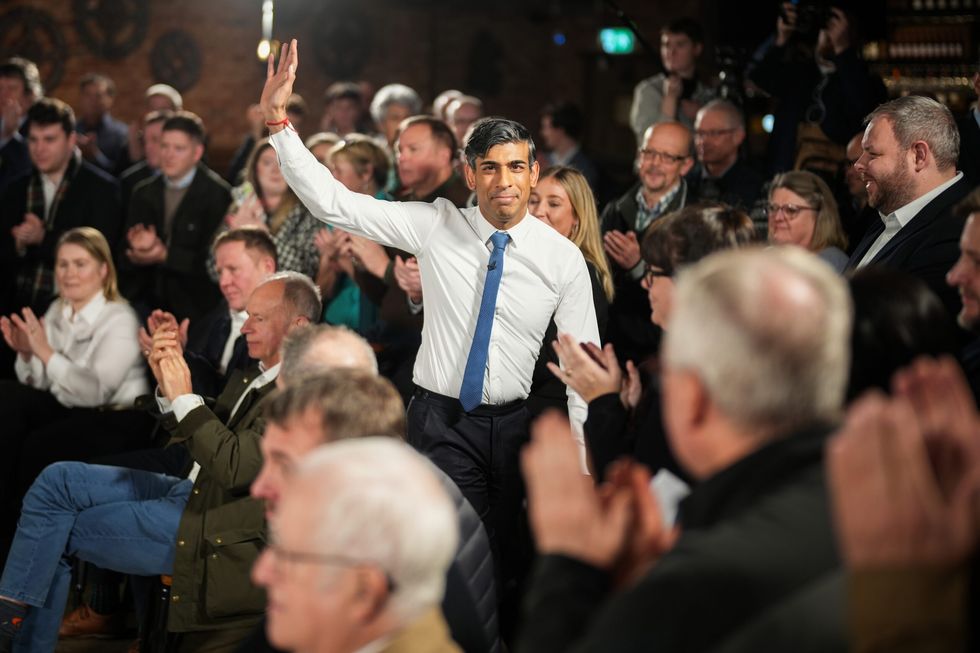
British Future projects there will be a record number of women elected, particularly if Labour is successful in gaining seats at the general election.
If Labour wins an overall majority, there will be more than 250 women in the Commons for the first time, up from 220 in 2019. If Labour wins 326 seats, the slimmest majority possible, a projected 254 women MPs (39 per cent) will sit in the Commons. That could easily rise above 40 per cent with late selections or if Labour wins enough seats for a working majority.
However, the selection rate of women has fallen in the Conservative, Labour and Lib Dem party selections – with more than six out of ten ‘Class of 2024’ candidates being male in all three parties.
"Given the scale of change expected at the next election, it’s concerning to see selection rate of women has fallen for the Conservatives, Labour and Lib Dems – this is a real missed opportunity,” said Jemima Olchawski, chief executive of the Fawcett Society. “All parties must work harder to accelerate the pace of change and to ensure their MPs truly reflect the electorate they represent.”
